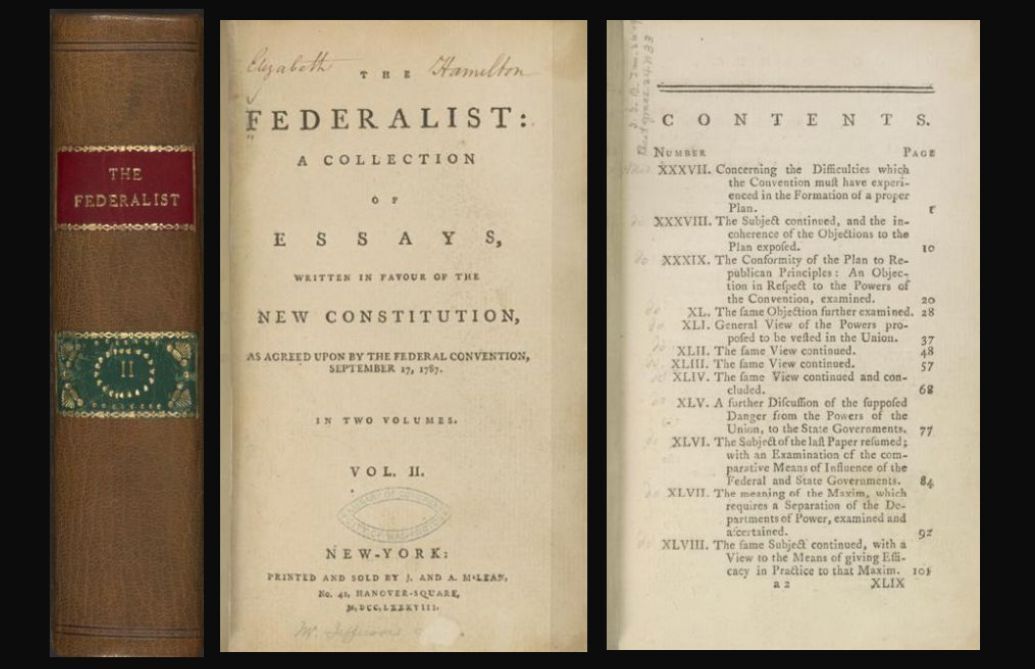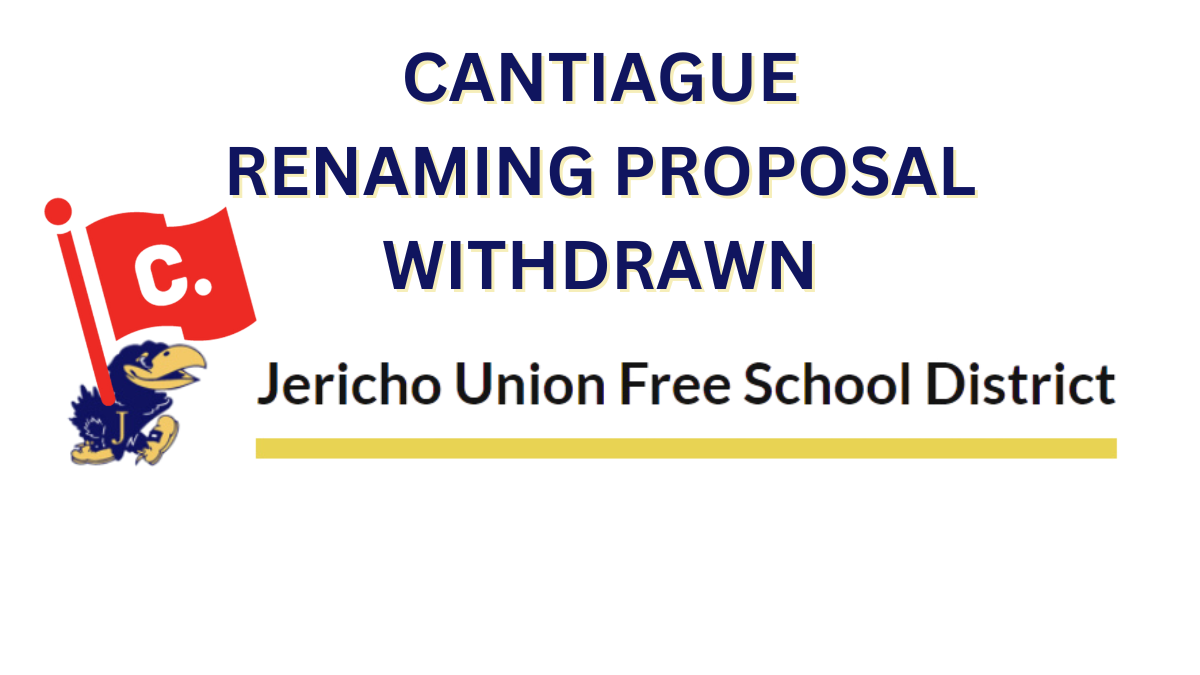The Jericho Board of Education has demonstrated a striking inconsistency in its approach to legal challenges and procedural requirements. When facing state-mandated regionalization, the Board championed legal action and procedural rights. Yet when confronted with community concerns about the Cantiague Elementary School renaming, the same Board dismisses these identical legal principles. This analysis examines this fundamental contradiction and its implications for district governance.
The Board’s Position on Regionalization
When faced with potential state-mandated regionalization, the Board of Education took an aggressive legal stance. They explicitly threatened to “vigorously pursue all legal remedies to the fullest extent of the law” if the state did not modify its regionalization plan. The Board’s position rested on several key arguments:
The importance of local control in educational decision-making was paramount. The Board insisted that any changes to district governance required extensive community input and transparent procedures. They emphasized that state authorities could not simply impose changes without proper process and consideration of local impacts.
The Board specifically prepared to utilize Article 78 proceedings against the state, demonstrating their belief in the legitimacy of legal challenges to administrative decisions. They argued that proper governance required adherence to established procedures, transparency in decision-making, and respect for community input.
The Stark Reversal on School Renaming
The Board’s approach to the Cantiague Elementary School renaming process reveals a complete reversal of these principles. When community members raised concerns about procedural irregularities and conflicts of interest, the Board’s response contradicted their previous positions in several fundamental ways:
Vice President Jill Citron’s dismissal of legal concerns suggests the Board can “do whatever they want” – a stark contrast to their previous insistence on procedural rights and legal protections. This position fundamentally contradicts their earlier arguments about the importance of proper process and community input.
The rushed advancement of the renaming proposal without standard vetting procedures or meaningful public input demonstrates a abandonment of the very principles of transparent governance they previously championed. The Board has shown no interest in establishing clear criteria or procedures for such a significant decision.
The involvement of district officials with conflicting roles, particularly Denise Nash’s dual position with both the district and the Jericho Educational Foundation, presents exactly the type of governance issue the Board previously argued against. Yet now they dismiss these concerns as irrelevant.
The Fundamental Contradiction
This inconsistency reveals a troubling pattern in the Board’s approach to governance. When external authorities threaten their autonomy, they invoke legal principles and procedural rights. Yet when community members seek to apply these same principles to the Board’s own actions, they dismiss them as irrelevant or obstructionist.
This double standard undermines the very foundation of proper educational governance. The Board cannot credibly maintain that legal challenges and procedural requirements are vital when they face external pressure but irrelevant when they face internal scrutiny. Such inconsistency suggests that their commitment to proper governance extends only as far as it serves their immediate interests.
Implications for District Governance
The Board’s contradictory positions create several serious problems for district governance:
Their credibility as defenders of proper procedure and community rights is severely compromised. How can they argue for legal protections against state actions while dismissing identical protections when applied to their own decisions?
The selective application of governance principles creates uncertainty about when and how proper procedures will be followed. This undermines community trust and engagement in district decision-making.
The Board’s dismissal of legitimate legal concerns regarding the renaming process suggests a troubling shift away from transparent, accountable governance toward more arbitrary decision-making.
The Path Forward
To restore integrity to district governance, the Board must acknowledge and address this fundamental contradiction. This requires several essential steps:
First, they must recognize that the legal principles they invoked against regionalization apply equally to their own actions. If Article 78 proceedings are a legitimate tool for challenging administrative decisions, they must be legitimate when applied to Board decisions as well.
Second, they must establish consistent standards for significant decisions like school renaming. These standards should mirror the procedural protections and community input requirements they demanded in the regionalization debate.
Finally, they must address the specific legal concerns raised about the renaming process, including conflicts of interest and Open Meetings Law compliance. Their previous emphasis on proper procedure demands no less.
Conclusion
The Jericho Board of Education cannot credibly maintain contradictory positions on the importance of legal process and proper governance. Their vigorous defense of legal rights and procedures in the regionalization debate establishes a clear standard – one they must now apply to their own actions in the renaming process. Failure to do so not only undermines their credibility but raises serious questions about their commitment to proper educational governance.


